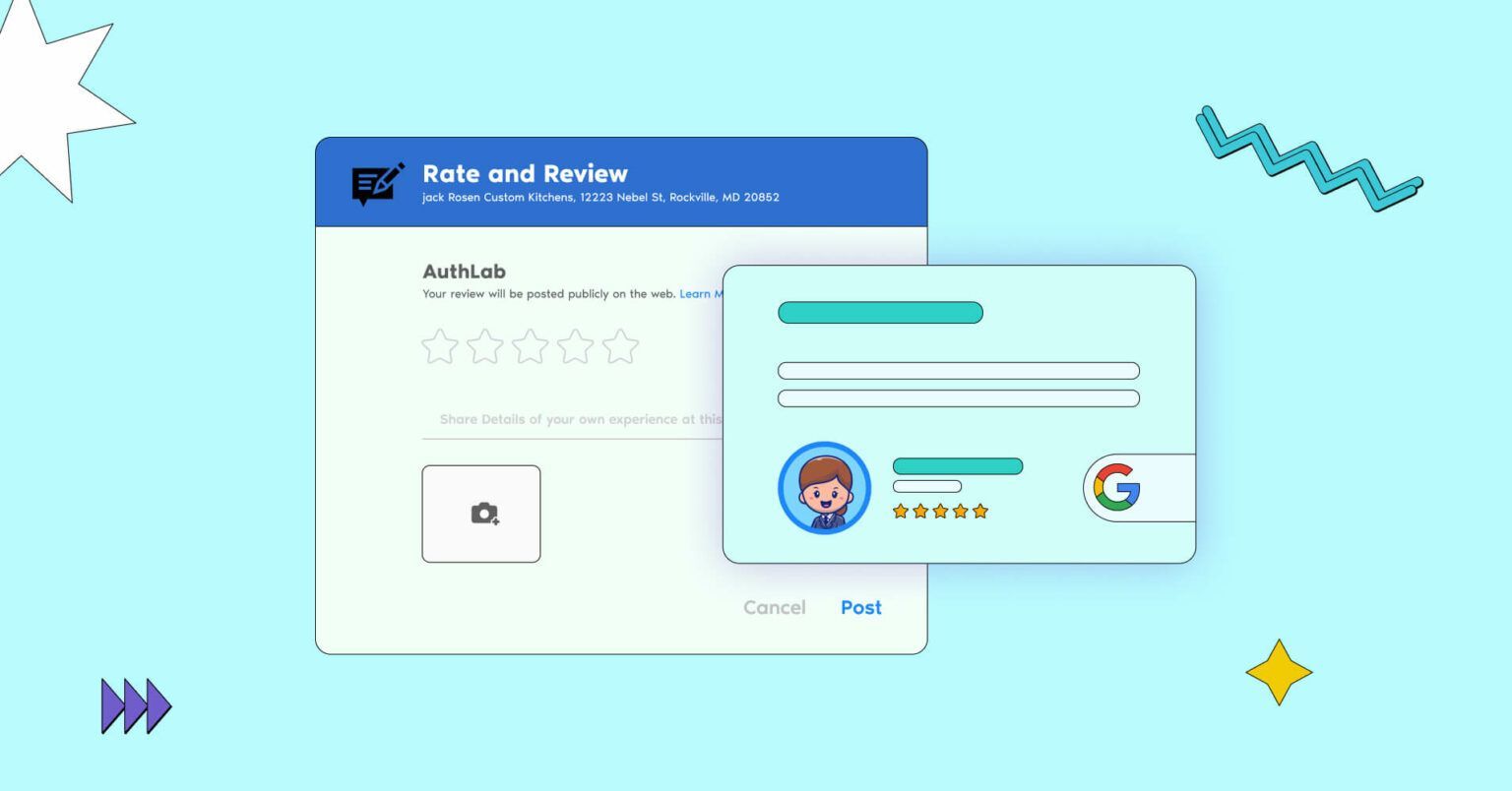Google Review Management: A Game Changer for Small Businesses
Introduction: The Power of Online Reviews
In today’s digital age, online reviews have become a driving force in consumer decision-making. With more people relying on feedback from others before making purchases, the influence of online reviews cannot be understated. Google reviews, in particular, hold immense weight in shaping the reputation of businesses, especially small enterprises. The ability to manage these reviews effectively can transform a business, improving both its visibility and customer trust. This article explores why Google review management is a game changer for small businesses and how it can significantly impact their success.
What is Google Review Management?
Google review management refers to the strategies and tools businesses use to monitor, respond to, and influence customer reviews on Google. It involves not only collecting reviews but also engaging with customers through their feedback, optimizing for positive outcomes, and addressing concerns. For small businesses, managing Google reviews effectively ensures that they are portrayed accurately, build customer loyalty, and remain competitive in their local markets.
Why Small Businesses Need to Manage Google Reviews
Small businesses often depend on local visibility and word-of-mouth referrals to grow. Google reviews play a crucial role in both of these areas. Consumers trust online reviews almost as much as personal recommendations, and businesses with strong reviews tend to attract more customers. For small businesses, managing Google reviews is vital to building credibility, enhancing customer trust, and differentiating themselves in the market. In a world where reputation is everything, review management ensures that a business’s image is positive, consistent, and compelling.
The Relationship Between Google Reviews and Local SEO
Google reviews directly impact local SEO rankings, meaning that the more positive reviews a business receives, the more likely it is to appear at the top of search results for local queries. Google uses reviews as a ranking factor because they are seen as a reliable indicator of a business’s trustworthiness and popularity. Businesses with higher review ratings and more frequent feedback are ranked higher, increasing their visibility to potential customers. Therefore, having an effective review management strategy can significantly improve a small business’s local search presence.
Building a Strong Online Reputation Through Google Reviews
A strong online reputation is built on positive customer feedback. Google reviews allow businesses to showcase their customer satisfaction, giving potential buyers insight into the experiences others have had. The more positive reviews a business accumulates, the stronger its reputation becomes. Reviews also provide valuable content that can be leveraged in marketing efforts, serving as social proof that attracts new customers. By managing reviews actively, small businesses can ensure their reputation stays intact and continues to grow.
Encouraging More Google Reviews from Customers
The first step in managing reviews is ensuring that you gather them. Asking customers for reviews can sometimes be daunting, but there are effective strategies to encourage feedback. Timing is key—request reviews shortly after a positive experience, and make the process easy by providing links or instructions. Personalizing requests and reminding customers how much their feedback matters can increase the likelihood of receiving reviews. A well-executed review request strategy can lead to a consistent flow of valuable customer feedback.
How to Respond to Google Reviews
Responding to reviews is just as important as collecting them. When responding to positive reviews, express gratitude and appreciation, reinforcing the aspects of your business that were praised. For negative reviews, maintain professionalism, acknowledge the issue, and offer a resolution. This shows potential customers that you care about their experience and are committed to improvement. An open and responsive approach can turn negative feedback into a positive outcome, building trust with customers.
Understanding the Google Review Guidelines
Google has established guidelines for leaving and managing reviews to ensure fairness and authenticity. These guidelines cover everything from prohibited content, such as hate speech or misleading information, to the need for reviews to reflect genuine customer experiences. Understanding and adhering to these guidelines is essential to avoid penalties, like the removal of reviews or account suspension. Businesses must ensure that their practices align with these rules to maintain a credible presence on Google.
Managing Reviews for Multiple Locations
For businesses with multiple locations, managing reviews can be more complex. Each location may have its own set of reviews, and maintaining consistency in responses and messaging is crucial. Each location’s reviews should be handled individually, with tailored responses that reflect the specific services provided at each branch. Using tools to aggregate and track reviews across locations can make this process more efficient and ensure that each branch maintains its reputation.
Automating Google Review Management
Automation tools can help small businesses streamline their review management efforts. Automated review request emails, responses, and tracking systems ensure that businesses never miss an opportunity to engage with their customers. These tools save time and ensure that businesses stay on top of incoming feedback. By automating certain aspects of review management, small businesses can maintain consistent engagement without dedicating too many resources.
Measuring the Impact of Google Reviews on Your Business
Tracking and measuring the effectiveness of Google reviews is essential for understanding their impact. Tools like Google My Business Insights can provide data on how reviews influence visibility, click-through rates, and customer actions. Analyzing this data allows businesses to adjust their review management strategies, ensuring they continue to benefit from positive reviews and address any emerging issues.
Integrating Google Reviews with Other Marketing Efforts
Google reviews can be incorporated into broader marketing efforts, such as email campaigns, social media posts, and on-site promotions. Featuring positive reviews on your website, in newsletters, or on social platforms helps increase trust and engagement. Integrating reviews into your marketing strategy not only showcases your customer satisfaction but also encourages others to share their experiences, creating a cycle of positive feedback and growth.
How Google Reviews Influence Customer Decisions
Google reviews are a critical factor in customers’ decision-making processes. In fact, many consumers rely on reviews before making purchasing decisions, especially when it comes to local businesses. High ratings and glowing feedback can significantly influence new customers to choose your business over competitors. As a result, actively managing and encouraging reviews becomes an essential part of your business strategy.
Boosting Customer Loyalty Through Google Review Engagement
Engaging with reviews is a powerful way to build customer loyalty. By responding to both positive and negative feedback, businesses demonstrate that they care about their customers’ experiences. Regularly interacting with reviewers creates a relationship of trust, making customers feel valued and more likely to return. Loyalty programs linked to review efforts can further incentivize repeat business.
Google Reviews and Competitive Advantage
In competitive markets, positive Google reviews can give your business a distinct edge. Having a solid base of high ratings and positive feedback makes your business stand out from competitors with fewer or lower reviews. By consistently encouraging and responding to reviews, small businesses can use customer feedback as a competitive differentiator that attracts more customers.
The Ethics of Google Review Management
Ethical review management involves encouraging honest, unbiased feedback from customers. It’s essential to follow Google’s guidelines and avoid manipulating or fabricating reviews. Ensuring that reviews reflect real experiences fosters long-term trust and credibility. Avoiding unethical practices such as paying for reviews or posting fake feedback ensures that your business maintains a reputation of integrity.
Handling Fake Reviews and Spam
Fake reviews can be damaging to your reputation and must be dealt with quickly. Google provides businesses with tools to report fraudulent reviews. It's important to monitor reviews regularly and act swiftly to remove or dispute fake content. Ensuring that your reviews are legitimate and trustworthy maintains the credibility of your online presence.
The Role of Google Reviews in Building Trust with New Customers
Google reviews play a pivotal role in building trust with new customers. A high volume of positive, authentic reviews creates social proof that attracts new business. When potential customers see that others have had positive experiences, they are more likely to trust your brand. Consistently positive feedback helps cement your reputation as a reliable and trustworthy business.
Improving Customer Experience with Feedback from Google Reviews
Google reviews provide invaluable feedback that can help improve your customer experience. By analyzing reviews, businesses can identify areas of improvement in products or services. Negative reviews, in particular, provide insight into customer pain points, allowing businesses to address issues before they escalate. Using feedback constructively leads to continuous improvement and better customer satisfaction.
Conclusion: The Long-Term Benefits of Google Review Management for Small Businesses
In the competitive world of small business, Google review management is a game changer. It not only enhances visibility and trust but also fosters customer loyalty and helps differentiate your business. By following best practices for review management—such as responding to feedback, staying compliant with guidelines, and leveraging reviews in marketing—small businesses can build a strong, positive reputation that drives growth and success in the long term.




